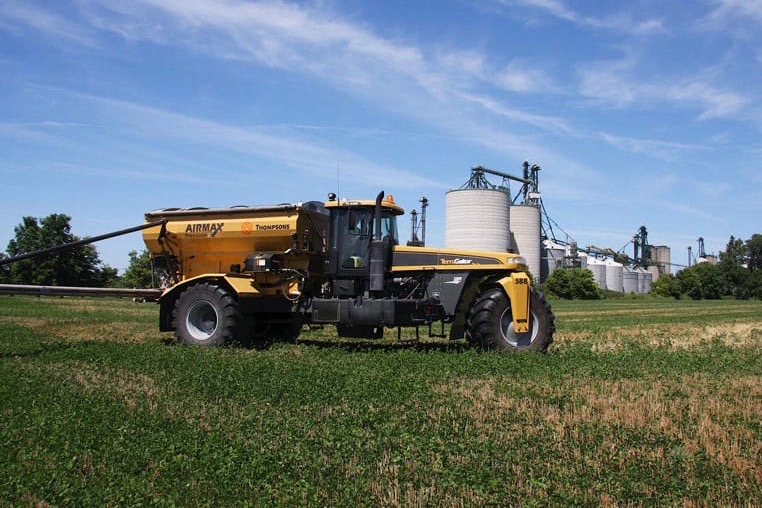Sylvite set to buy Thompsons agronomy business
Ontario ag input wholesaler to buy assets from The Andersons
By GFM Staff
| 2 min read

(ThompsonsLimited.com)
Ontario grain and bean handler Thompsons Ltd. is set to sell its crop agronomy business to a retail business partner in that province.
U.S. grain firm The Andersons, the owner of Thompsons since January, announced Tuesday in its second-quarter report it plans to sell Thompsons’ “agronomy assets” to Burlington, Ont.-based Sylvite Holdings.
Financial terms of the sale, which The Andersons expects to close next month, weren’t released in Tuesday’s report, nor were any details about the exact assets going to Sylvite in the deal.
Ohio-based Andersons said Tuesday it will continue to own and operate Thompsons’ grain storage and food processing facilities in Ontario.
Sylvite, which began in 1977 as Sylvite Sales, a fertilizer supplier dealing mainly in potash, today bills itself as the largest independent agricultural wholesaler in Eastern Canada, with a “specialty presence” in the southeastern U.S.
The company’s business also includes Sylvite Agri-Services, which sells retail fertilizer, seed and crop inputs at five locations in southwestern Ontario. It also offers crop advisory services, grain handling and, in partnership with Thompsons, grain marketing.
Thompsons’ agronomy business includes crop advisory services as well as retail inputs, custom application, precision ag and equipment rentals, though The Andersons didn’t specify Tuesday which of those operations are to go to Sylvite.
The Andersons has been sole owner of Thompsons since it closed a deal in January for Kansas-based Lansing Trade Group, with which it had co-owned Thompsons in a 50-50 joint venture since 2013.
The Andersons on Tuesday booked $29.88 million in net income attributable to the company on $2.33 billion in sales and merchandising revenues for the quarter ending June 30, up from $21.53 million on $911 million for the year-earlier period (all figures US$).
“Extremely wet weather in many of our core grain origination markets benefited our trade group but hurt both our ethanol and plant nutrient groups during the quarter,” Andersons CEO Pat Bowe said in the company’s release.
“We were able to capitalize on merchandising opportunities caused by grain and feed ingredient price volatility. However, we’re concerned about the implications of a smaller corn crop on the utilization of our eastern grain assets for the remainder of this year and into 2020.” — Glacier FarmMedia Network


